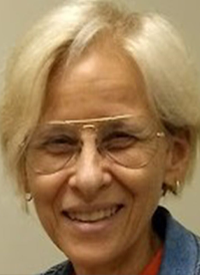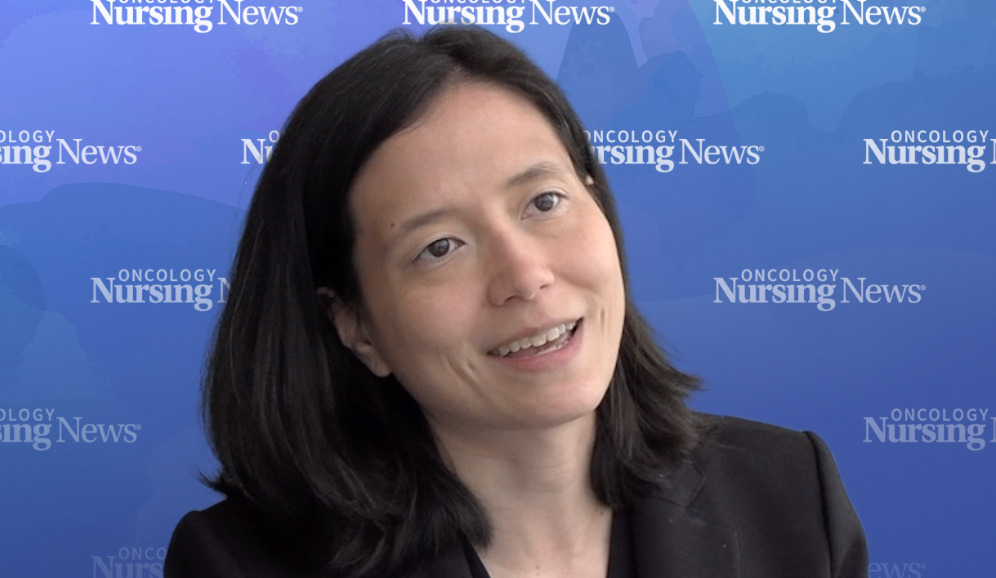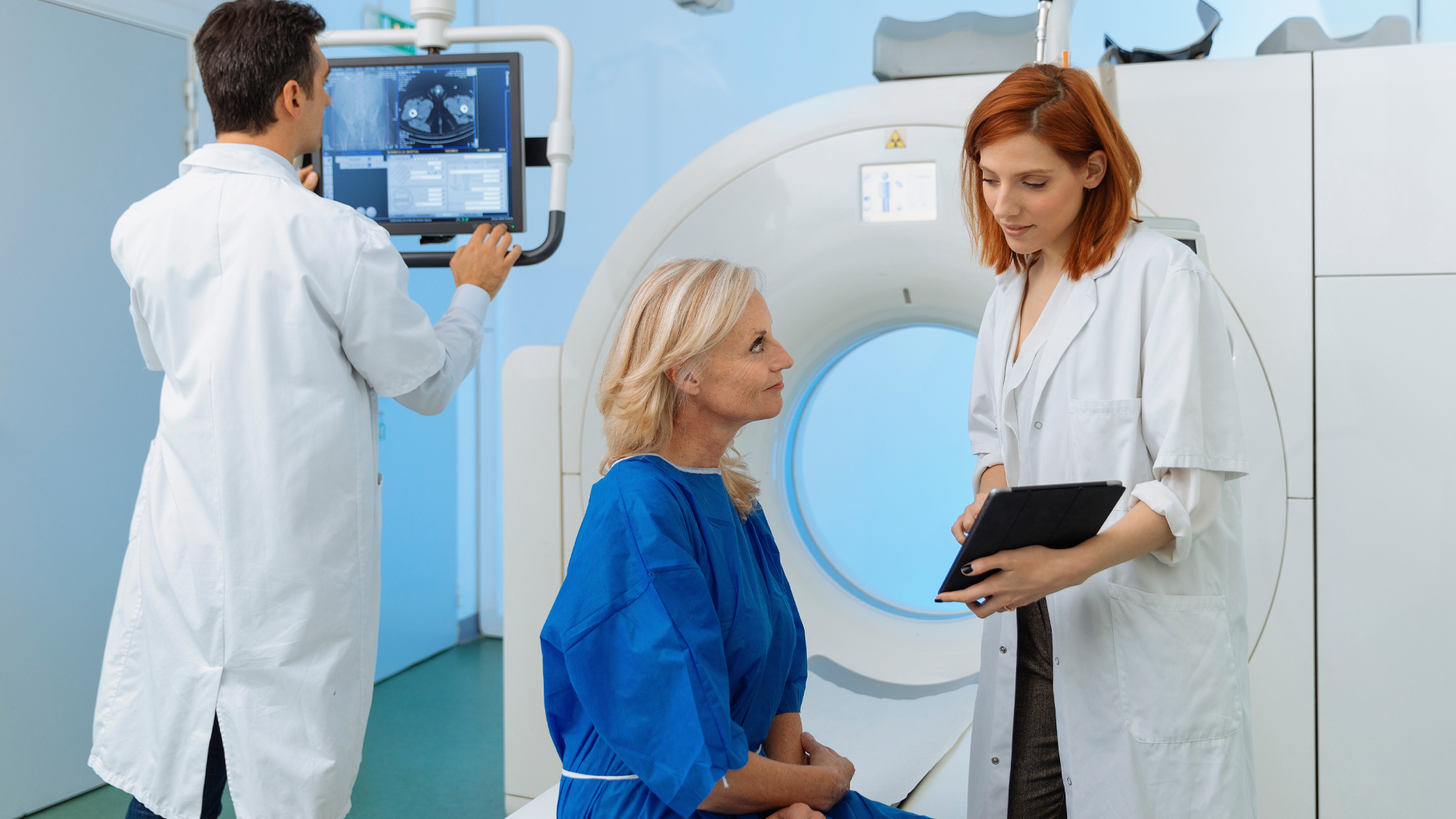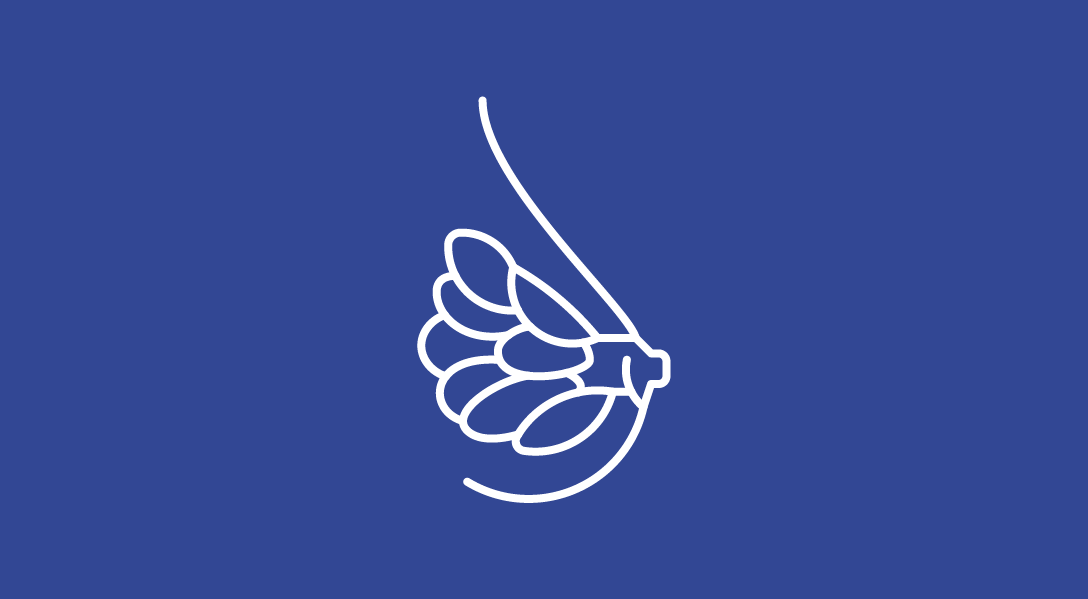Opinion: The Chemotherapy Shortage Is Hard to Wrap Your Head Around
What happens when there is a shortage of chemotherapy drugs? How will this affect patients?
Debi Fischer, MSW, BSN, BA, LCSW, RN

As an RN in a surgical oncology unit, I have cared for many patients receiving chemotherapy.
What happens when there is a shortage of chemotherapy drugs? How will this affect patients?
Let us consider some patient stories:
Kathy, a 40-year-old writer, was diagnosed with triple-negative breast cancer. She is receiving care at a well-known hospital in Florida. They are out of carboplatin that she needs to survive. But it isn’t available.
Denise, a 65-year-old IT consultant, has stage III breast cancer. She is a snowbird; she has a house in Vermont and travels to Florida on a regular basis to see her family. She was recently informed by her oncologist in Naples that cisplatin is not available.
What should these patients do? What should the RN or clinical social worker explain when patients ask you what the current update is on chemotherapy shortages?
Just the Facts
According to the American Society of Health-System Pharmacists, there are 25 chemotherapy drugs that have shortages.1 There are 2 chemotherapy drugs that are considered especially important: carboplatin and cisplatin—which are derived from platinum—are both used in a variety of experimental or clinical trials. Lack of these drugs will impact the research protocols that oncologists are using. The National Cancer Institute (NCI) is involved with cancer research and education in this country. According to the NCI, carboplatin and cisplatin are used in up to 20% of cancer-related clinical trials. Further, the institute has stated that “at least 174 of its 608 trials may be affected by the shortages”.1 Future trials might also be affected.1
These chemotherapy drugs are used in numerous cancer treatments besides breast cancer. They are also used to treat lung, prostate, gynecologic cancers, leukemias, and lymphomas. To underscore their importance, 500,000 new cases of cancer are treated with these drugs annually.2
Data from the National Comprehensive Cancer Network show that 93% of large oncology centers in June of this year cannot locate carboplatin, and additionally 70% had cisplatin shortages.1 President Biden has worked out an arrangement with China to import cisplatin into this country, yet, despite this effort, this drug is lacking in supply in this country. One of President Biden’s platforms has been investing in cancer research—as reflected in the reignition of the 2016’s Cancer Moonshot program. The goal of the program is to “accelerate the rate of progress against cancer,” with cutting-edge research.1 The program designated cancer research as a national focus; however, in light of the shortage, even lower-level clinical trials are becoming more difficult.
Robert W. Carlson, MD, Chief Executive Officer of NCCN, underscoredthe concerns about this situation in an official statement. He said, “This is an unacceptable situation. We are hearing from oncologists and pharmacists across the country who have to scramble to find appropriate alternatives for treating their patients with cancer right now.”2
Notably, as of the end of May 2023, cisplatin was not affected across the board. In fact, no delays or insurance claims were being affected. The situation is worse for carboplatin. Sixty-four percent of oncology centers reported that current patients can stay on this chemotherapy. However, 16% of centers are experiencing delays in usage and need to go to insurance carriers to get prior authorization again for altered cancer treatment plans.2
Supporting the Patient
In my opinion, the chemotherapy shortage is a big concern and difficult to process as a provider—let alone a patient. In a future blog, I will explore different ways we can help patients overcome these issues.
References
- Christensen, J. Drug shortages’ effects on cancer research may be felt for years to come. CNN. July 20, 2023. Accessed August 15. https://www.cnn.com/2023/07/20/health/drug-shortage-cancer-research/index.html
- NCCN releases statement addressing ongoing chemotherapy shortages; shares survey results finding more than 90% of cancer centers are impacted. NCCN. News release. June 7, 2023. Accessed June 7, 2023.https://www.nccn.org/home/news/newsdetails?NewsId=3970




